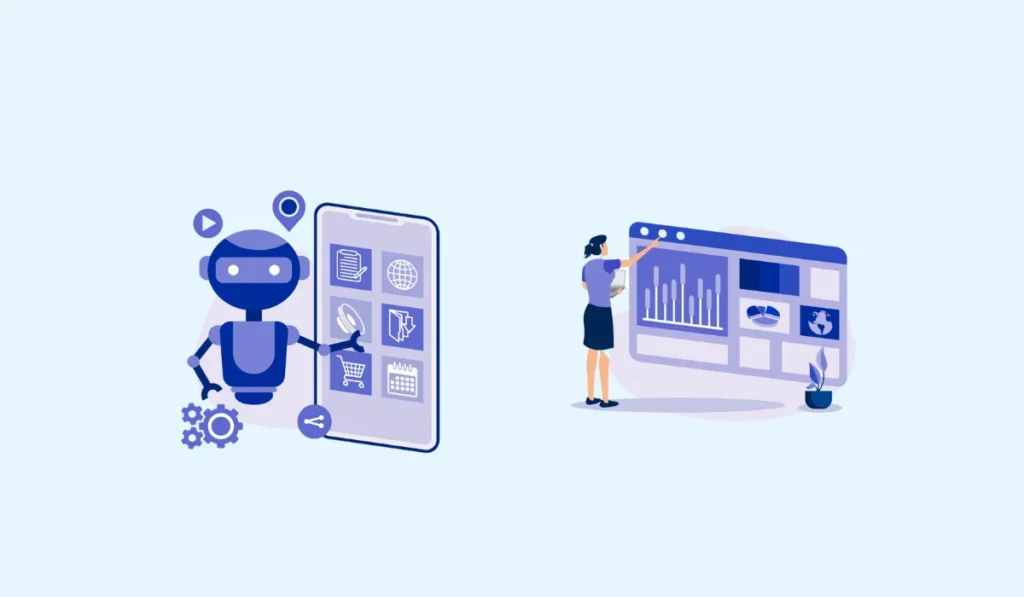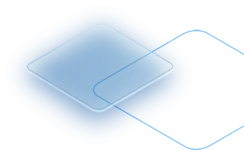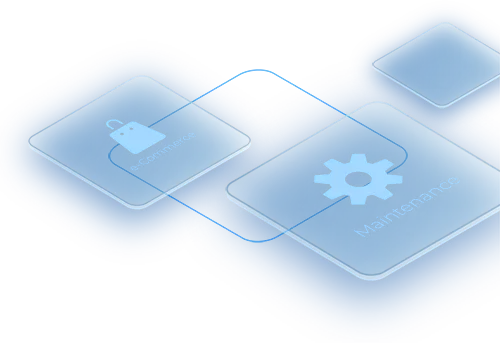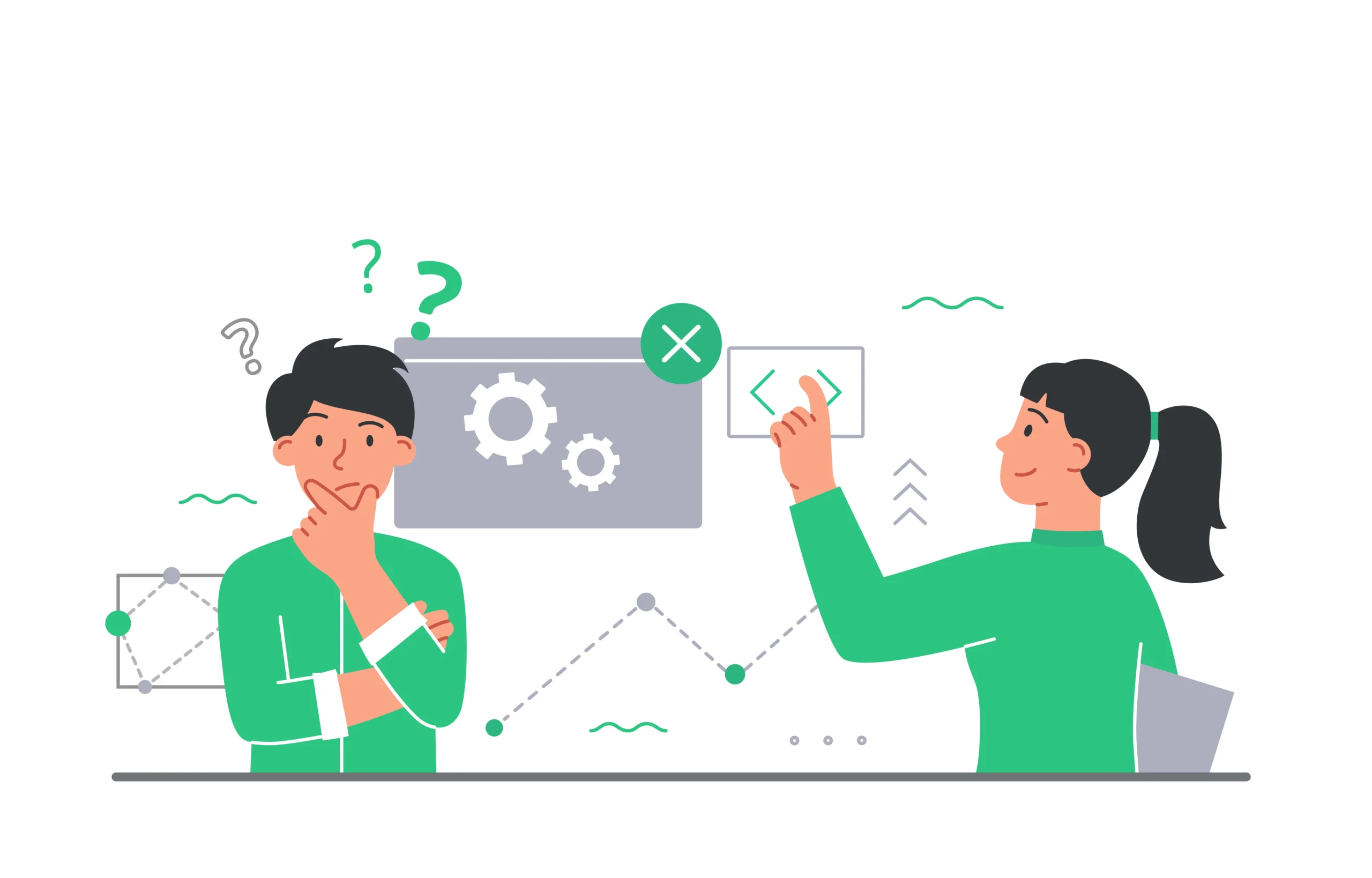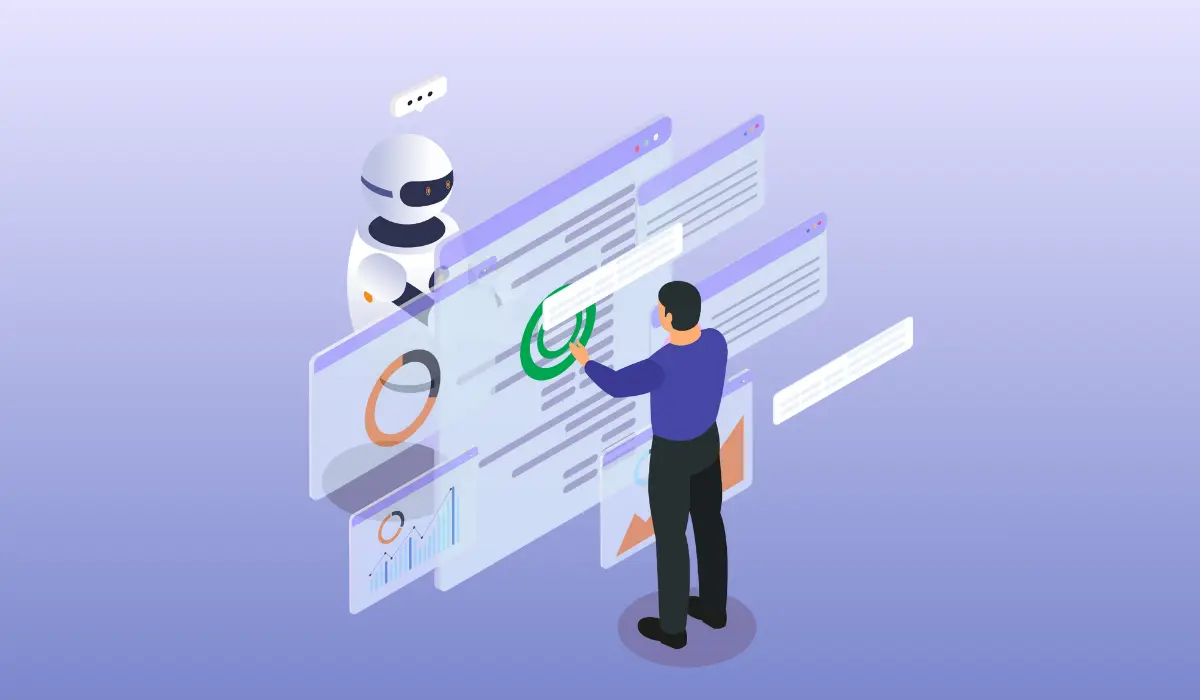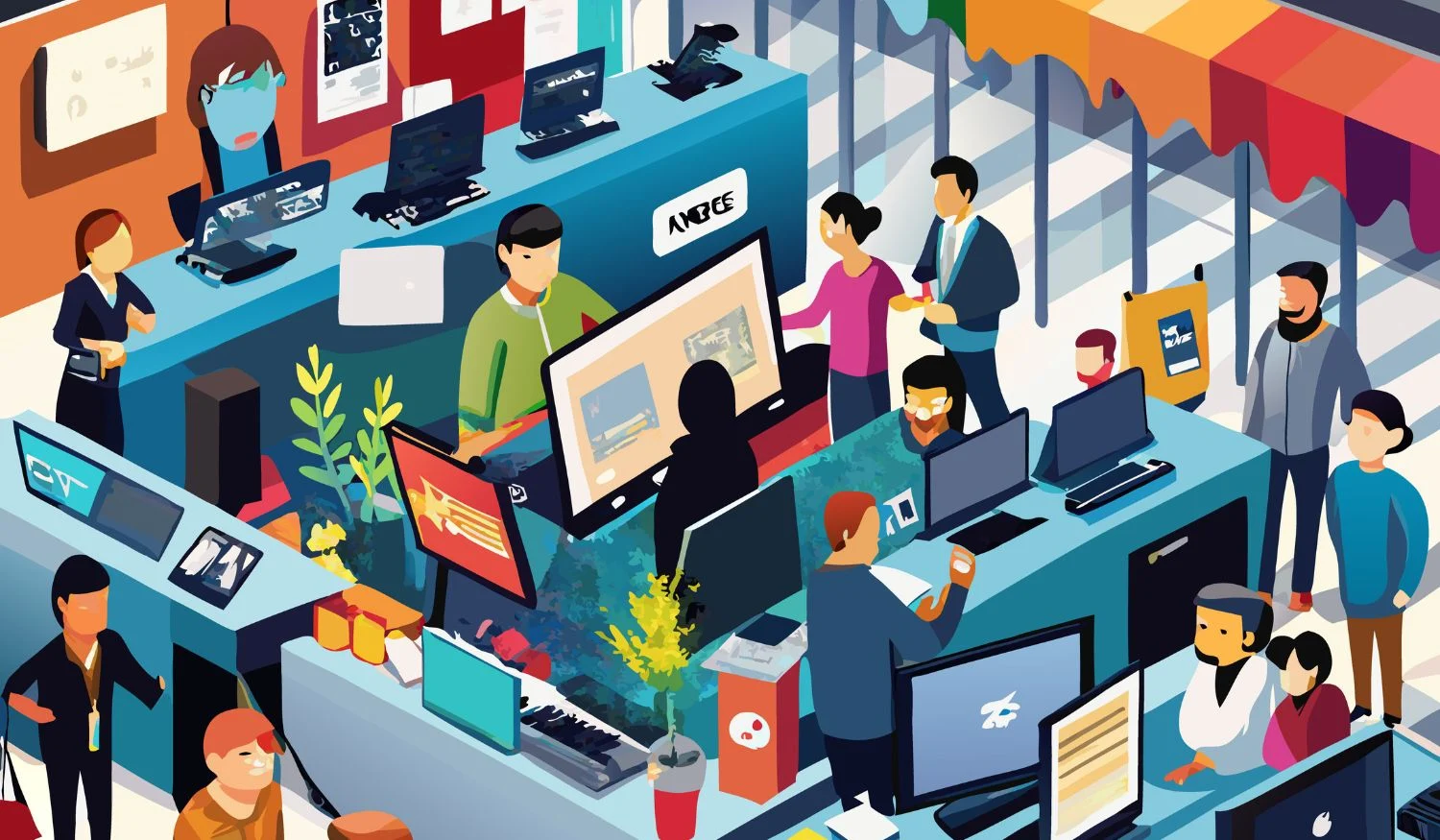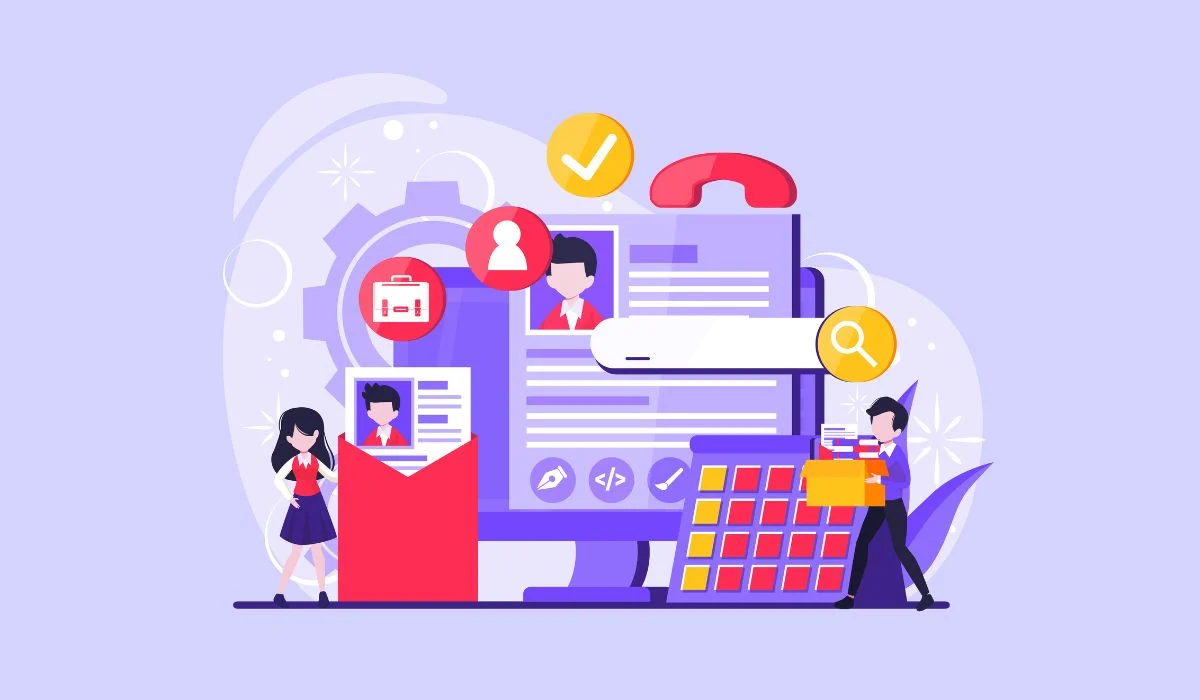What is AI in HR?
AI in human resource management means using smart software to help with tasks that HR teams handle every day, like hiring, training, planning for future hires, and checking in on how employees are doing. Instead of doing everything manually, AI technologies for HR tasks learn from patterns, process loads of data, and help people make better decisions. It is almost like a helpful assistant that never gets tired. AI in HR is changing the way we work and manage talent. These tools are reshaping how HR departments operate, including candidate sourcing, performance management and personalized employee support.
Core Applications of AI in HR
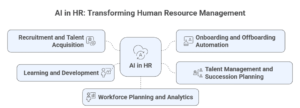
Recruitment and Talent Acquisition
The hiring process can consume a lot of time and energy. AI HR tech tools are helping HR teams speed things up by scanning thousands of resumes in seconds and pointing out which candidates might be the best fit. Instead of reading all applications, AI ranks and sorts them based on skills, experience and even soft factors such as tone or writing style. Some tools are equipped to conduct video interviews and analyze facial expressions and voice tone. This not only helps recruiters move faster, but also removes guesswork from the process. That’s how AI is reshaping HR by making hiring smarter and more focused.
Onboarding and Offboarding Automation
Bringing new people into the company can feel overwhelming for both HR and the new hires. AI in HR makes it less complicated through managing repetitive admin tasks document collection, email reminders, and even personalized training schedules. Chatbots can drive new employees through benefits, rules and team structures just like a human friend. When employees leave, AI handles the exit forms, collects feedback, and keeps everything smooth. This makes sure nobody gets left out or confused, and HR teams can stay focused on people, not paperwork.
Talent Management and Succession Planning
During the on- onboarding of the employee, AI in human resource management helps track how they’re doing and what they need to grow. AI tools monitor results, identify potential future leaders, and even flag when someone might need support or a new challenge. HR teams can use this info to promote the right people and plan for long-term team success. It’s a big shift from the old “wait and see” approach—this is how AI is changing HR technology in real-time.
Learning and Development
Not everyone learns the same way. AI helps to adapt learning so that employees get the right training at the right time. For example, if an employee falls back into a skill field, AI in HR may suggest a small course or training.If anyone wants to move into the role of leadership, AI can just make a way to learn for them. These tools see what each person does and where they want to go, and make a plan to get there. This is one of the clearest ways that AI empowers HR professionals to focus on real growth.
Workforce Planning and Analytics
Planning isn’t just about filling open roles anymore. AI HR tech tools can forecast how many employees might leave, which teams are growing fast, and where future gaps might pop up. This means HR teams can be proactive instead of always playing catch-up. Using data from past trends, AI gives real-time insights for better workforce strategies. With these kinds of tools, AI is transforming human resources into a future-ready function.
Popular AI Tools Transforming HR
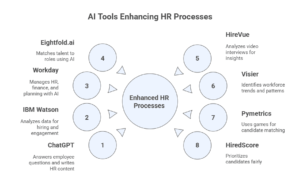
There are tons of tools out there, but here are a few making waves:
- ChatGPT – Helps answer employee questions or write HR content like policies or job descriptions.
- IBM Watson – Dives deep into data to help with everything from hiring to employee engagement.
- Workday – A big platform that handles HR, finance, and planning with AI smarts built in.
- Eightfold.ai – Known for talent intelligence—matching the right people to the right roles.
- HireVue – Offers video interview tools that analyze candidate responses.
- Visier – Great for HR analytics—spotting trends and patterns in your workforce.
- Pymetrics – Uses games and behavioral science to match candidates to jobs.
- HiredScore – Helps remove bias and prioritize candidates fairly.
Benefits of Using AI in HR
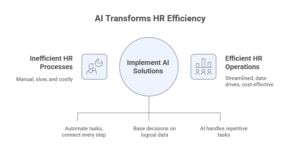
Improved Efficiency and Productivity
AI takes over tasks that usually take hours, like sorting resumes, setting up interviews, and answering common questions. That leaves HR professionals with more time to do meaningful work, like helping people grow, improving company culture, and solving real problems. This is where AI is helping HR teams work more efficiently.
Streamlined Processes
From the first job ad to the exit interview, AI tools connect every step. Nothing gets lost or forgotten. Automated systems keep the process moving, send reminders, and make sure every employee has the same high-quality experience. That’s how AI is transforming the way HR teams work.
Cost Savings
Less time spent on manual work means fewer mistakes and lower labor costs. AI-driven processes reduce the need for outside consultants and cut down on delays that waste time and money. It’s just simple math: less waste equals more savings.
Data-Driven Decision-Making
With AI in HR, decisions aren’t based on gut feelings. They’re based on real, logical data. HR teams can now support ideas with clear numbers such as who is the risk of leaving, which is underperformed, or which department requires more support. That’s how you build smarter strategies that actually work.
Challenges and Risks of AI in HR
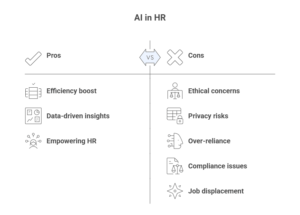
AI isn’t perfect. Here are a few things HR teams need to keep an eye on:
Ethical Concerns and Bias
If the data AI is trained on has bias, the results might be biased too. This is why companies must check how decisions are made and ensure that justice is part of the system. AI in HR can help – but only if it monitors properly.
Data Privacy and Security
HR handles sensitive info—salaries, health details, performance reviews. AI tools need strong security to keep them safe. Companies must have a clear-cut idea about what data is being used, why, and who has access to it.
Over-Reliance on AI
Letting AI handle everything sounds easy, but people still need people. Some situations demand a human touch, like workplace conflicts or career coaching. In such scenarios, the trick is to use AI as a helper, not a replacement.
Compliance Risks
Every country has its own rules about how employee data can be used. HR teams need to make sure their tools follow the rules. That means keeping up with changing laws and making sure AI systems stay in line.
Job Displacement Fears
Some folks worry AI will take over HR jobs. But really, it’s more about changing the way HR works—not replacing people, just helping them do better. AI in HR empowers HR professionals—not replaces them.
AI Adoption in HR: Frameworks and Personas
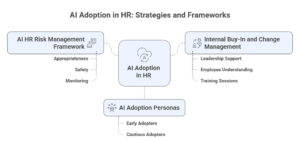
Getting AI into an HR team isn’t just about buying tools. It’s about getting everyone on board and knowing how to use them well.
AI HR Risk Management Framework
This is like a checklist to help HR team handle the risk by using AI to ensure that it is appropriate, safe and well monitored. This is the best practice to keep the use of AI responsible and transparent.
AI Adoption Personas
Different companies adopt tech differently. Some dive in headfirst, others take baby steps. Knowing where your team stands helps with planning and training. Mapping out adoption styles helps tailor the right rollout strategy.
Internal Buy-In and Change Management
Change is hard. Getting leadership support and helping employees understand the “why” behind new tech makes adoption smoother. Conducting training sessions, open Q&As, and feedback loops make all the difference.
Will AI Replace Human HR Professionals?
Short answer? No. HR is still all about people. AI has the ability to help with tasks, but it lacks empathy, emotional intelligence, or real-world experience. What it does is give HR teams more time and tools to do what they do best and that is to support people.The human touch still means something, and AI simply gives it more space to shine.
How HR Professionals Can Prepare for the Future
Start learning. Try out tools like ChatGPT. Look for short courses on AI in HR. Try to interact with other people in the industry. Always be curious because the technique goes through many changes, and the best way to upgrade is to learn. The more you know, the more confident you will make you feel working on the new tool.
The Future of HR with AI
How AI is reshaping HR isn’t some far-off idea; it’s already happening. From helping companies hire faster to creating better employee experiences, AI is changing HR technology, making it more efficient and more human at the same time. The future? It looks like more collaboration between smart tools and smart people – and this is a victory for everyone.

